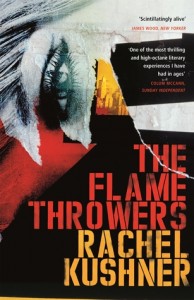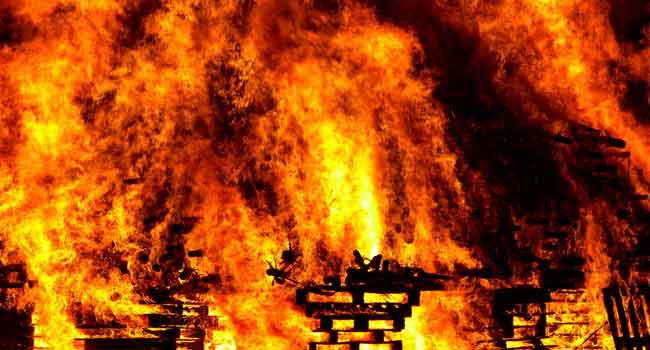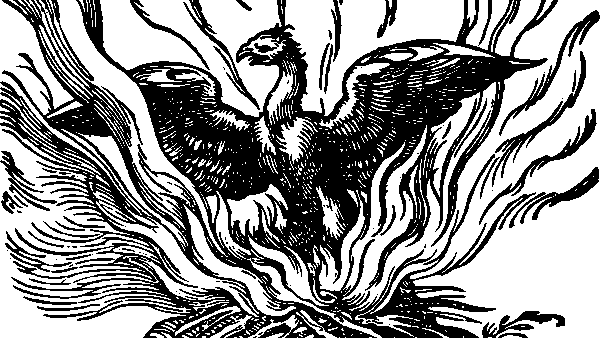 I think I have a problem with over-hyped books. Although the hype is never true, I always end up believing it, and come to a book with ridiculously high expectations that can never be satisfied.
I think I have a problem with over-hyped books. Although the hype is never true, I always end up believing it, and come to a book with ridiculously high expectations that can never be satisfied.
A similar thing happened a few years ago with The Brief Wondrous Life of Oscar Wao by Junot Diaz. As I wrote then:
I quite liked this book. I think that, perhaps, if I had come upon it by chance in a neglected corner of a bookshop and read it without any preconceptions, I would have really liked it. But I did have preconceptions … [long description of ridiculous hype] … After all that, quite liking it felt like an anti-climax.
Perhaps I’ve been blogging too long, and find myself having the same reaction sometimes. Much of what I said five years ago about The Brief Wondrous Life of Oscar Wao also applies to The Flamethrowers.
But anyway, let me get specific about The Flamethrowers itself.
It contains some beautiful writing. It deals with complex themes, exploring the role of art in society from early 20th century Italian Futurism through to the Manhattan art scene of the 1970s and the land art movement. It’s richly layered with symbols and references—the kind of book you could read several times, and spot new connections each time.
I found myself highlighting plenty of passages, like this one:
We want, and our want kills doom. This is how we’ll take the future and occupy it like an empty warehouse, Lonzi said. It’s an act of love, pure love. It isn’t prophecy. It’s hope.
And yet, I didn’t love the book. Perhaps it was those expectations again. But I think it was also the way that the plot meandered from episode to episode, from one part of the world and one part of the 20th century to another, with little sense of direction and little in the way of plausible or interesting outcomes. The lead character, Reno, is presented by many reviewers as a strong female character who challenges gender stereotypes, but to me she was the opposite. She was a person to whom interesting things happened, mostly by accident. She drives a motorcycle in the Nevada desert and gets caught up in a revolutionary movement in Italy, but at no stage does she seem in control of her destiny, or even to know what she’s trying to achieve.
I got the sense that the characters and the plot were subservient to the themes and ideas in this book, which makes for some beautiful moments and some thought-provoking passages, but a slightly dissatisfying whole.




There are 4 comments
I read The Flamethrowers in Book Club, before any hype had caught up with me, so I really loved the masterful way the author dealt with the many themes of the book and placed me in the middle of times and places so that I felt I had some experience of them. I agree with you about Reno–I viewed her as very young and open to anything, intent on creating art, but with no more direction or specifics than that. She wasn’t afraid to experience whatever came her way, but she wasn’t actively initiating most of what happened to her. I was confused by the ties between the earliest incidents pre WWI and the later events–the symbolism of what happened back then to what the protagonist (can’t remember his name right now and don’t have the book in front of me) became. Overall I greatly enjoyed the characters, the evocation of place and time, and layers upon layers of ideas, philosophies, history and themes.
Hi Melanie
Thanks very much for your thoughtful comment. I certainly agree about the evocation of place and time – it was one of the strengths of the book. I suppose the characterisation of Reno was deliberate, but for me it was problematic to have such a directionless character. I think that contributed to the lack of direction in the plot. But thank you for reminding me of many of the book’s good qualities!
Just finished The Flamethrowers. Went to look for reviews because, though the writing was great sentence to sentence, I found the plot lacking, the protagonist reactive, not proactive. Wondered if reviewers felt the same way. No mention of that in the NYT review. Your review, however, expresses what I felt reading the book. Though I finished it for the prose, the imagery, I was not particularly compelled forward by the plot. Thank you.
Hi Scott, There’s a strange comfort, isn’t there, in finding other people who had a similar reaction to a book, particularly when the book has been highly praised elsewhere. It’s odd that other reviewers didn’t pick up on the points you mentioned, but in any case, thanks for stopping by and sharing your reaction. Good to know I was not alone!